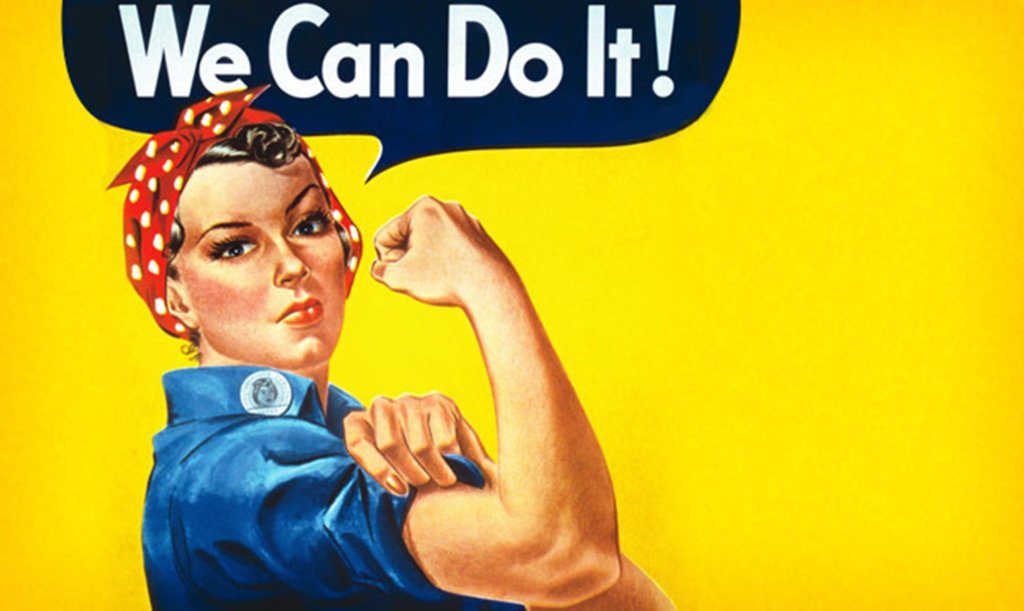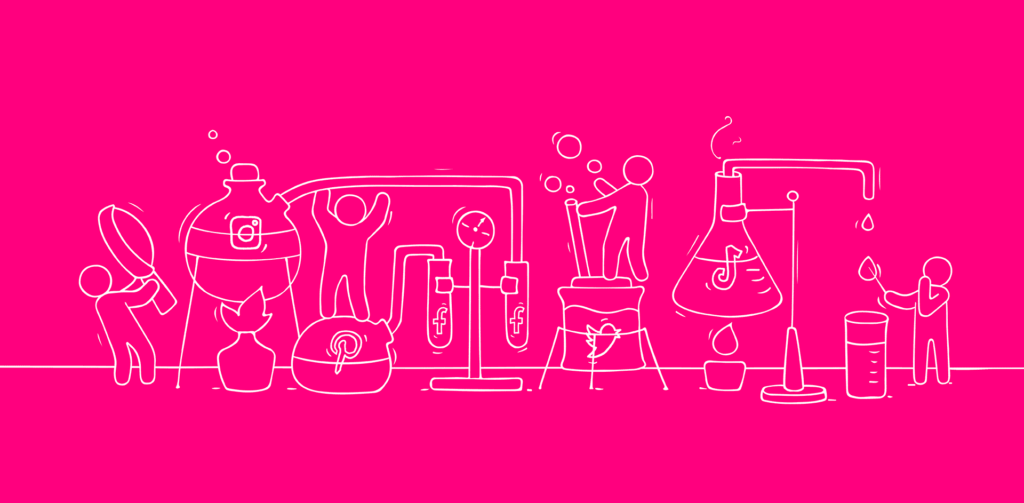The reason it was heated was because of CSR (Corporate Social Responsibility) and the role marketing talent has to play.
I was arguing CSR was an excellent way to align and engage employees, with many subsequent benefits. Benefits like productivity, lower staff turnover and even talent acquisition.
This wasn’t what got so heated. What got heated was the reference to using internal marketing to support CSR – to use tried and tested skills in marketing to help align internal stakeholders to the desire for truly effective CSR.
Made complete sense to me. Not so much to my long time friend. So in marketing’s defence, I went digging.
A HA! A paper from 2010 on the use of “internal marketing” to engage employees in CSR, from the Doughty Centre at Cranfield University, supports my argument.
“Training managers in internal marketing tools is a good investment”.
It goes on to say that involving all stakeholders in CSR policy development, or the creation of external value, can only be good.
Then it hit me. My peer and friend was still operating in the old paradigm of marketing, and how external value is created (something the Doughty Centre paper went on to warn me about).
The confusion: Internal marketing isn’t stepping on the toes of good HR practices, or org design, or even good internal comms. Internal marketing makes use of research, design, analysis, feedback and insight. Marketing is no longer about directing the flow of goods, it’s about connecting stakeholders, supporting relationships and developing value, both internally and externally. And I’m pleased to say CSR can only be the winner in this new paradigm.
So I want to say, that although marketing is now integral to most organisations, I think we still have a branding job to do for marketing (and I’m not talking about a logo). It’s not just about mutual respect, it’s about truly understanding how we’ve all changed. We’ve all evolved professionally in our different disciplines, and now we have to continue that journey for the likes of CSR, new markets and most of all, our colleagues.
Designing the most effective solution cannot be done in isolation.
* Thanks to David Grayson of Cranfield University and M. Isabel Sanchez-Hernandez of the University of Etremadura in Spain, for your paper in 2010, for the Doughty Centre for Corporate Responsibility.



